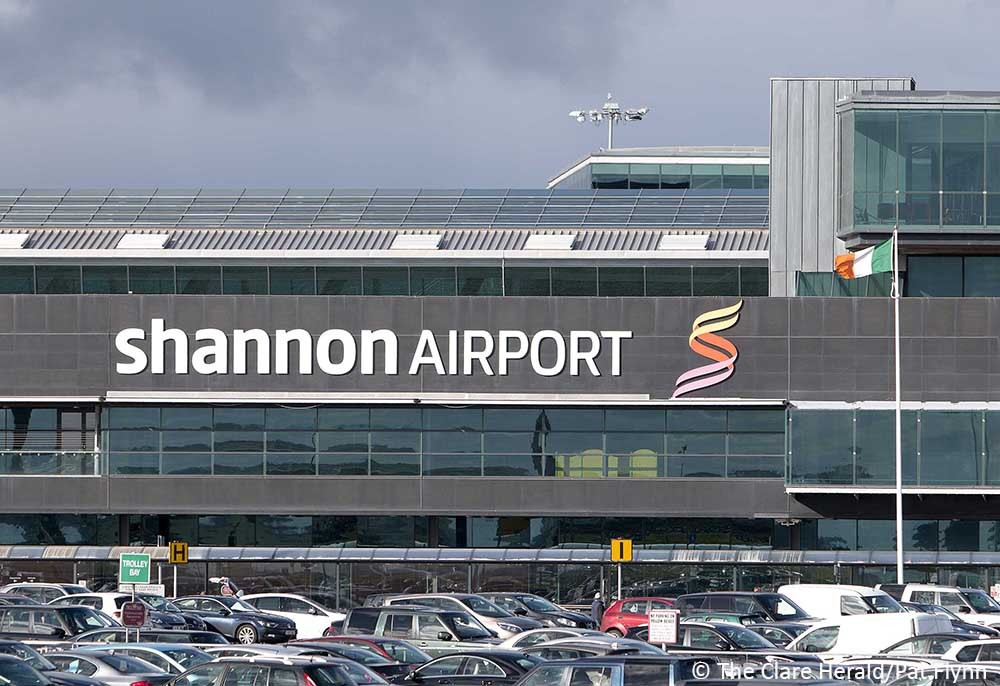
Opening a third terminal at Dublin airport would further concentrate tourism and economic development in the overheating greater Dublin area, damaging prospects for balanced regional development and harming growth at Shannon airport, according to Fórsa.
Delegates to the union’s Services and Enterprises conference in Galway will be told today that 95% of passenger growth between 2012 and 2017 went to the capital, which now accounts for over 85% of passenger traffic in and out of Irish airports.
A department of transport-commissioned review of airport capacity, which is being conducted by UK consultants Oxford Economics and Cambridge Economic Policy Associates, is expected to report soon.
The Fórsa conference will debate a motion this afternoon that condemns the failure of successive governments to develop a regional aviation policy. The motion calls on the Irish Congress of Trade Unions to press the Government for a regional approach to aviation development.
Joe Buckley, who works in Shannon airport, will tell conference that less than 15% of Ireland’s passenger traffic is shared between Shannon, Cork, Kerry, Knock and Donegal airports. ERSI research had found that access to airports is crucial to high-tech foreign direct investment and knowledge-intensive firms, as well as inbound tourism.
Fórsa assistant general secretary Johnny Fox will tell conference that Shannon airport is operating far below capacity. “Shannon is struggling to achieve growth. It has capacity to cater for 4.5 million passengers a year, but only 1.75 million go through its departure gates. The last thing we need is a third Dublin terminal when Shannon, Cork and other regional airports – which should be driving balanced regional economic development – are themselves struggling to survive.”
Joe Buckley will tell delegates: “If the Government really wants to attract jobs to the West and other regions, it must develop and implement an aviation policy capable of better distributing passenger traffic to all regions. The lack of a strong focus on regional access is hampering the development of rural jobs and the Irish economy, particularly in tourism and foreign direct investment. A regional aviation policy should be the cornerstone of Government policy on order to achieve the objectives of its tourism, jobs, planning and rural action programmes.”
The conference will also debate motions on the further privatisation of Irish airports. A motion from the Fórsa IAESA branch cites the transport department’s capacity review and the potential break-up of Irish Aviation Authority functions as potential enablers of public asset sell-offs in the sector.
*Fórsa’s Services and Enterprises Division conference takes place today and tomorrow at the Clayton hotel, Galway. The division represents about 6,000 workers in non-commercial semi-state companies including An Post, Dublin Airport Authority and the IAA, as well as private companies in aviation and telecoms. Fórsa has over 80,000 members in total.